SiGe GN3S Sampler v2
Replacement:GPS-10981. We are now carrying Version 3 of the SiGe GN3S Sampler. This page is for reference only.
The GN3S Sampler v2 is a very interesting high-end research device. Co-developed by the GNSS Lab at the University of Colorado and SiGe, this USB device captures raw GPS data to a binary file on your computer. This device will not tell you a position solution outright like our other GPS modules. Instead, the GN3S Sampler is designed to directly capture the low-level signal data (raw intermediate frequency samples) being delivered by the GPS satellite network and process by the SiGe radio front end.
Version 2 of the Sampler utilizes the SiGe 4120 GPS ASIC. This allows a data stream with a lower sampling frequency (8.1838MHz) and I/Q sample pairs.
This device is recommended to be used in conjunction with the book : A Software-Defined GPS and Galileo Receiver. This excellent book will give you the mathematical fundamentals for software-based GPS as well as the source code on DVD. The included MATLAB source code can be used to crunch the collected data to solve for position. This low level processing gives the user a keen insight into the signal processing of a GPS receiver. The provided algorithms encourage user modification to attempt to improved and design next generation GPS receivers.
The windows based capture program has a limit of 600MB (or 38.4 seconds) of capture data. This means you can capture one full GPS record. At this time, larger files are not supported as logging gigabytes of data can push the limits of your memory and hard drive access speeds.
You will need an external MCX terminated active GPS antenna and miniUSB cable to operate the GN3S Sampler - both are listed below.
Note: Our shipment included red and green versions of the board. They are identical except for the color.
Check out our GPS buying guide!
- Fully enclosed RF Front-end
- Calibrated by manufacturer
- USB support under Windows (Linux coming soon)
- miniUSB Connector
- MCX Antenna Connector
Comments
Looking for answers to technical questions?
We welcome your comments and suggestions below. However, if you are looking for solutions to technical questions please see our Technical Assistance page.
Customer Reviews
No reviews yet.

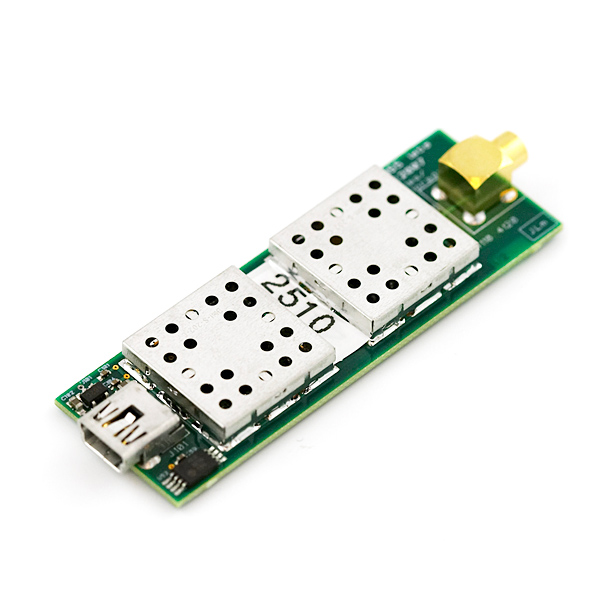
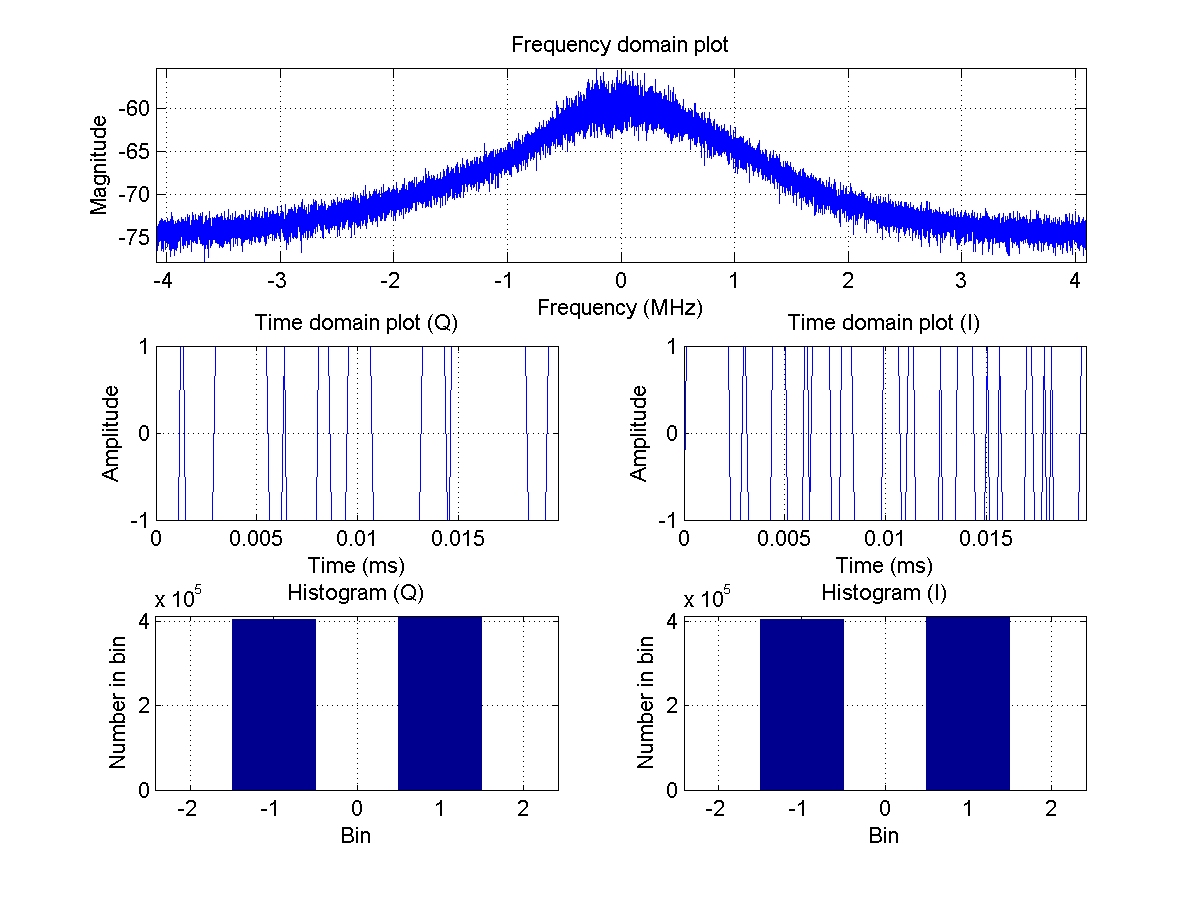
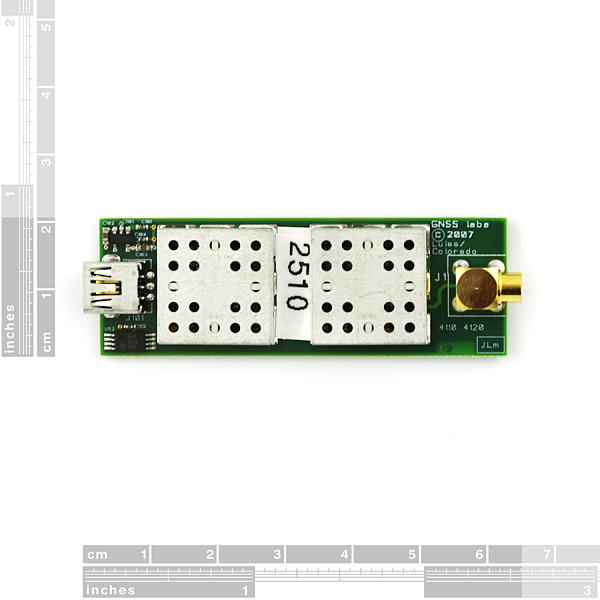
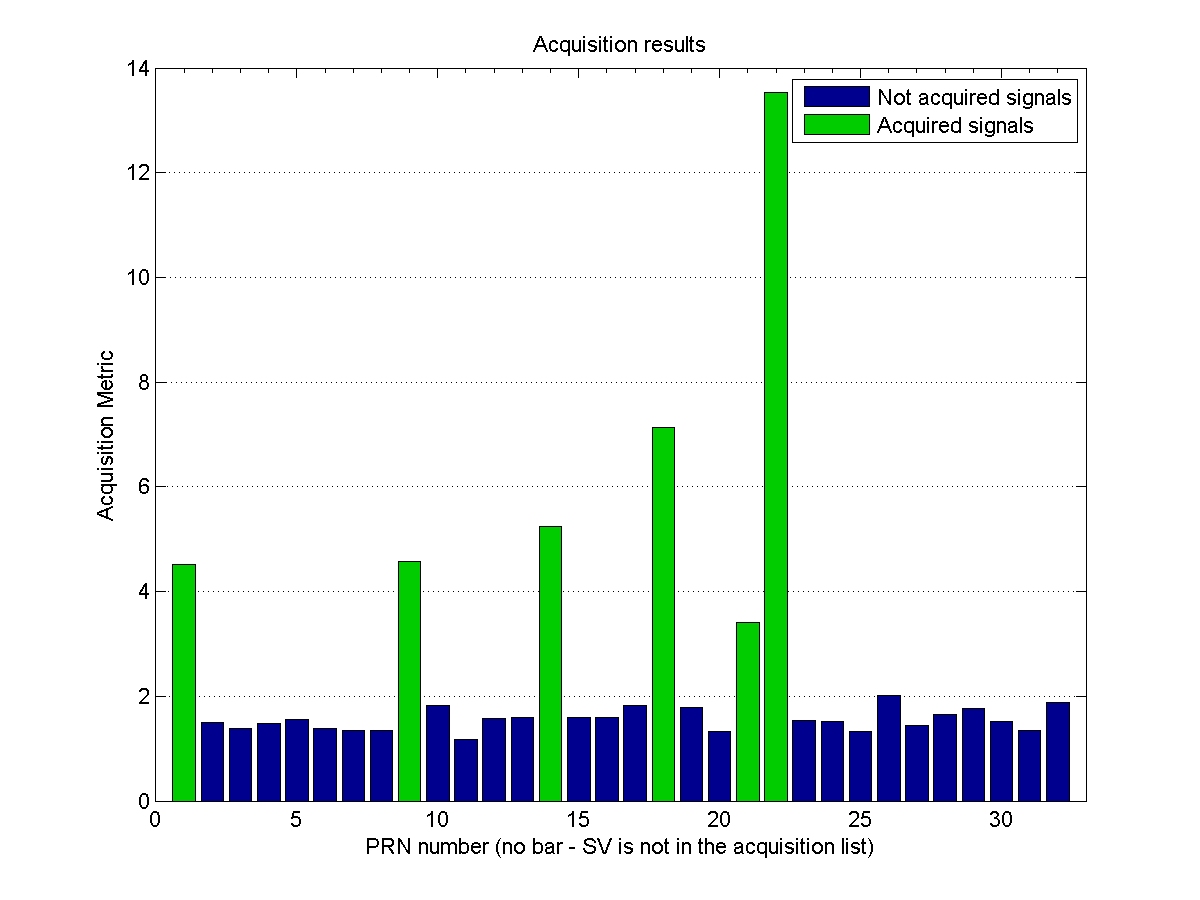
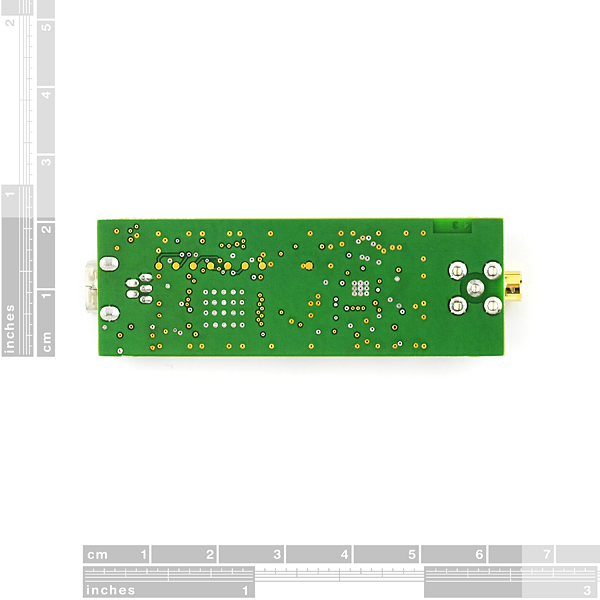
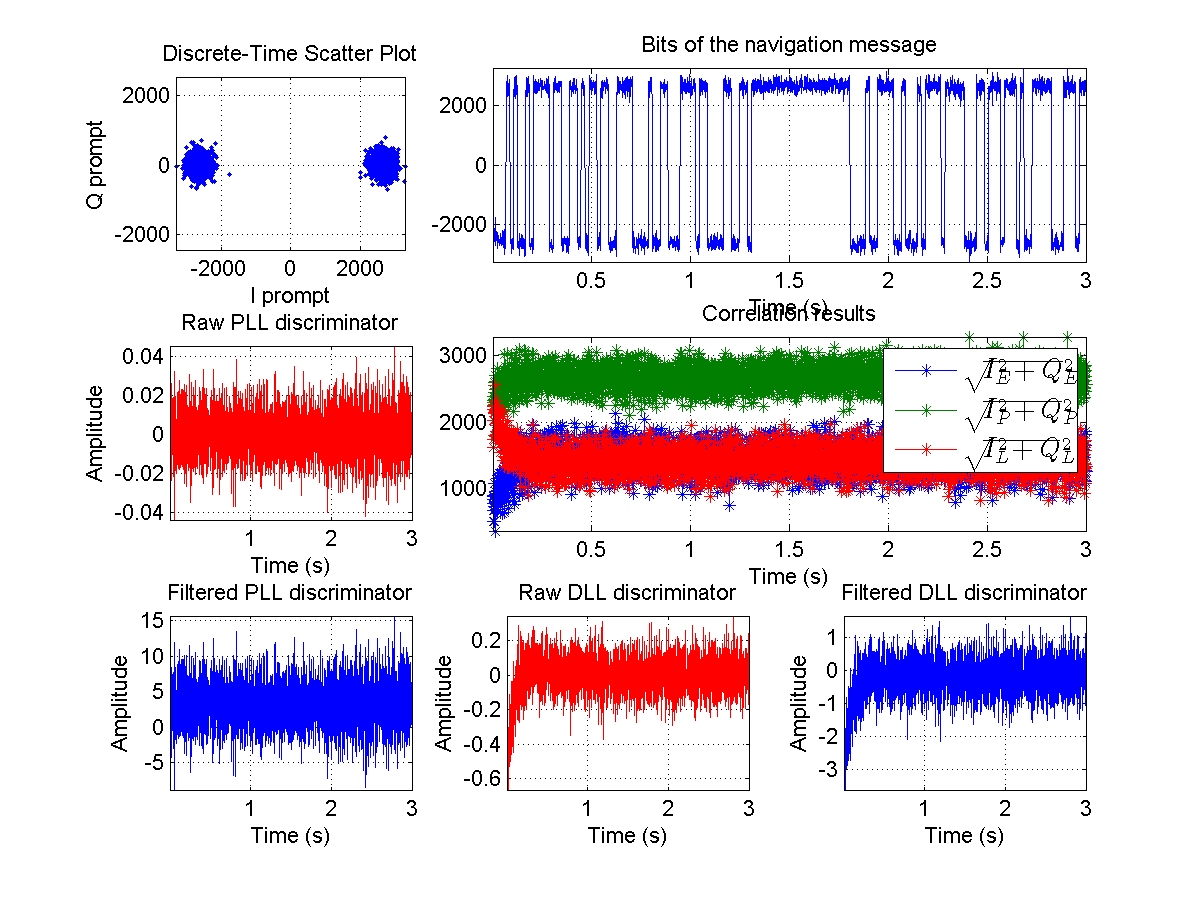
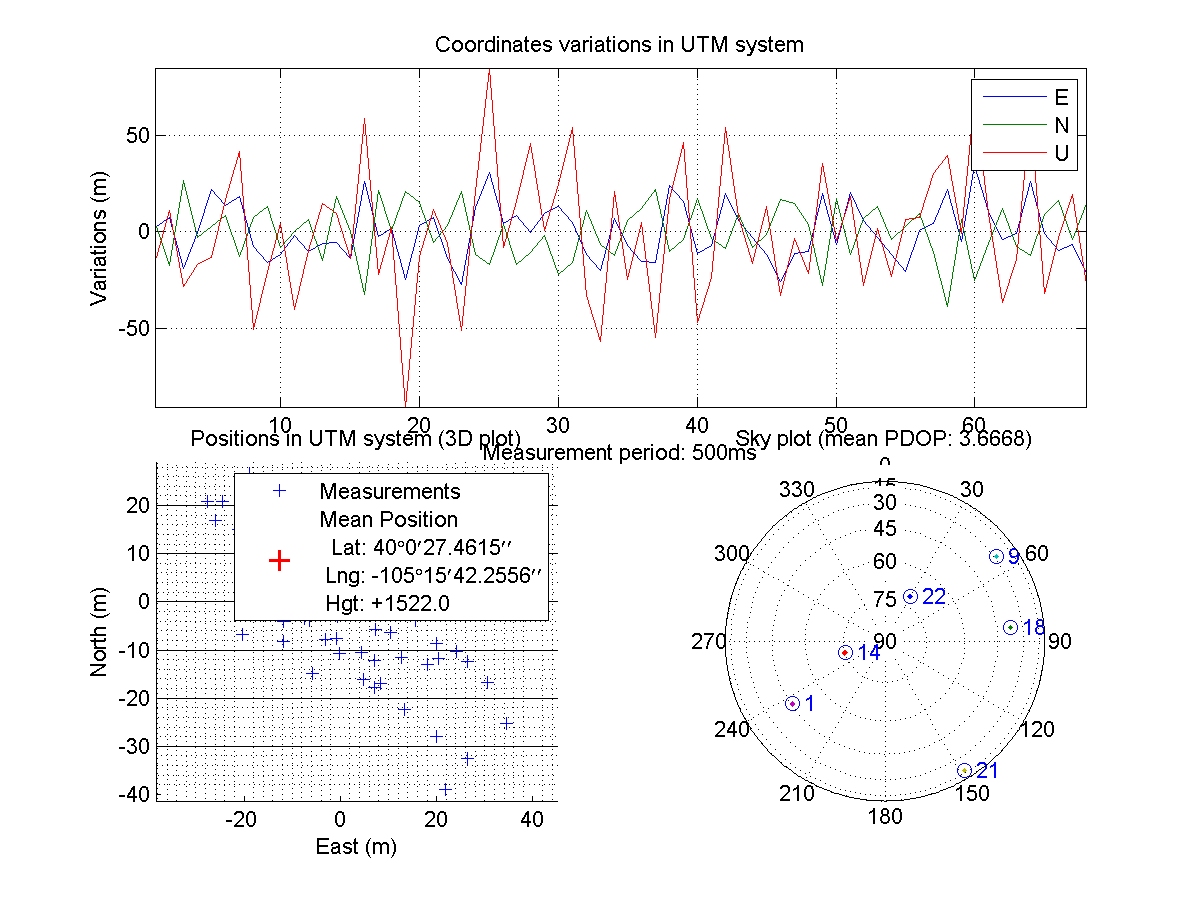
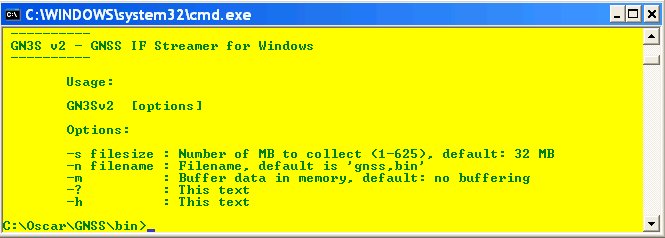
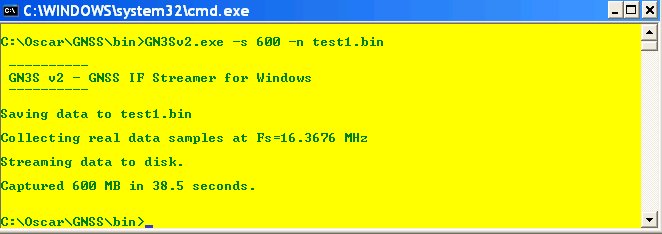
Hi GNSS enthusiasts!
The GNSS-SDR team now offers support for realtime operation using the SiGe GN3S Sampler v2. A complete how-to tutorial can be found here:
http://gnss-sdr.org/documentation/sige-gn3s-sampler-v2-usb-front-end
It is a good opportunity to give a new life to this great hardware!
GNSS-SDR is an open source project that implements a global navigation satellite system software defined receiver in C++. At this time of writing, GNSS-SDR is able to obtain a position fix using GPS signals and export the obtained positioning information to a variety of format (Google Earth KML positions, Matlab-readable intermediate signals and results, and RINEX files, among others)
Visit www.gnss-sdr.org for more information!
Hi there,
now it is possible to use this device with GNSS-SDR, an open source software defined GNSS receiver, allowing real-time processing. Please check http://gnss-sdr.org/documentation/sige-gn3s-sampler-v2-usb-front-end for more details. It includes instructions for removing the 600 MB limitation.
Best regards, Carles
I have purchased a "SiGe GN3S Sampler v2"
is there some where I can download the firmware for the FX2 chip?
The source code captures the baseband data but does not convert it into navigation data or something rtklib can use. These days, a lot of people are going for the Max2769 & spinning their own baseband capture boards for a lot less money. Gluing the baseband data to rtklib would make a real cheap RTK GPS solution, but it's a big step.
Does anyone successfully run this device on a 64-bit Windows 7 OS? My PC could not accept driver installation because it lacked a proper digital signature. Cheers.
I have SiGe GN3S Sampler but whenever i try to get data with the module a message 'buffer overrun' is displayed anf i only gett data kb which is not sufficient for position calculation. i require 600 MB of data.
Any one can help in this regard?
Anyone know if it is dual frequency?
It is single frequency - GPS L1 (1575.42MHz)
Super interesting device, unfortunatly way to expensive.
I am trying to gather IQ data but file always contains either 0xFF or 0x01 values.
Is there for some reason some kind of threshold detection?
Obviously there shouldn't. So if any one knows how to fix this I would appreciate it.
I can't confirm it, but I think that's how it works. The I&Q data is converted to -1 (0xFF) / +1 (0x01) and isn't bit-packed in to bytes.
... still working on writing my mac driver for this device ... haven't tried the windows driver yet.
Check the signal spectrum here: http://michelebavaro.blogspot.com
I would be interested in improving the driver (first of all provide a Linux one) and removing the actual 600 MB limitation. Someone else?
Did you succeed?
I should have some notes left from some hacking I did with some friends last year.
Hi focault4,
yes I did, long time ago actually :)
I've supported this dongle for quite some time; now I'm using my own.
Cheers,
Michele